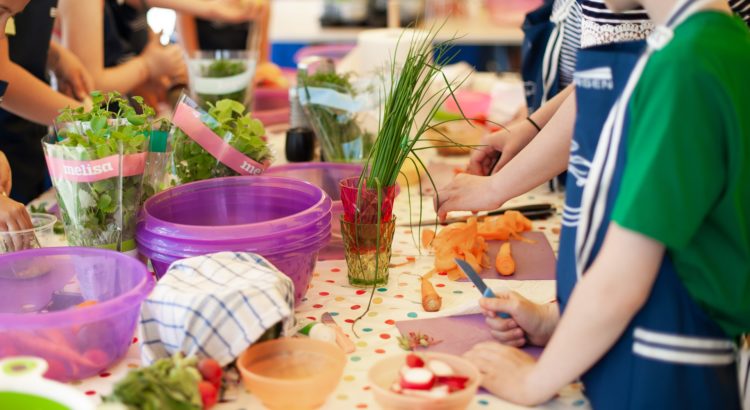Europa/Reino Unido/Russia Today
The new secondary Swan School in Summertown, Oxford, opened to 100 students on Monday. It boasts a completely vegetarian canteen and doesn’t allow children to bring lunch from home, leaving them with no alternative but to eat the hot meal on offer.
While the school does offer some meat and fish options during snack time, lunches are strictly vegetarian. The policy has left parents complaining that their children are coming home from school hungry because of the lack of variety.
“The only thing about this school is the vegetarian food – my daughter came home today very hungry,” one mother told the Oxford Mail.
“I’ve heard that a lot of children were very hungry as well – there should be option [SIC] at dinner time [to] eat meat, I’ve never known a school to be like this,” the parent added.
The Swan School’s headteacher, Kay Wood, said parents were made aware of the vegetarian policy prior to admission. Wood claimed the rule allows the school to serve better quality meals for the same price, makes an environmental impact, and is inclusive of all faiths.
“Most importantly, it allows students of all faiths and different dietary requirements to eat together,” she said.
Wood also denied that the policy is an attempt to make students vegetarian or shame those who eat meat. She also stressed that the packed-lunch ban is not to avoid meat, but to force students and staff to eat their food together.
School lunch campaigner and celebrity chef Jamie Oliver praised the new-age approach to feeding students. Oliver told the Herald Scotland that meat-free schools are “a brilliant idea” adding that it “would save loads of money.”
Fuente: https://www.rt.com/uk/468692-oxford-school-vegetarian-lunch/







 Users Today : 258
Users Today : 258 Total Users : 35459853
Total Users : 35459853 Views Today : 431
Views Today : 431 Total views : 3418403
Total views : 3418403